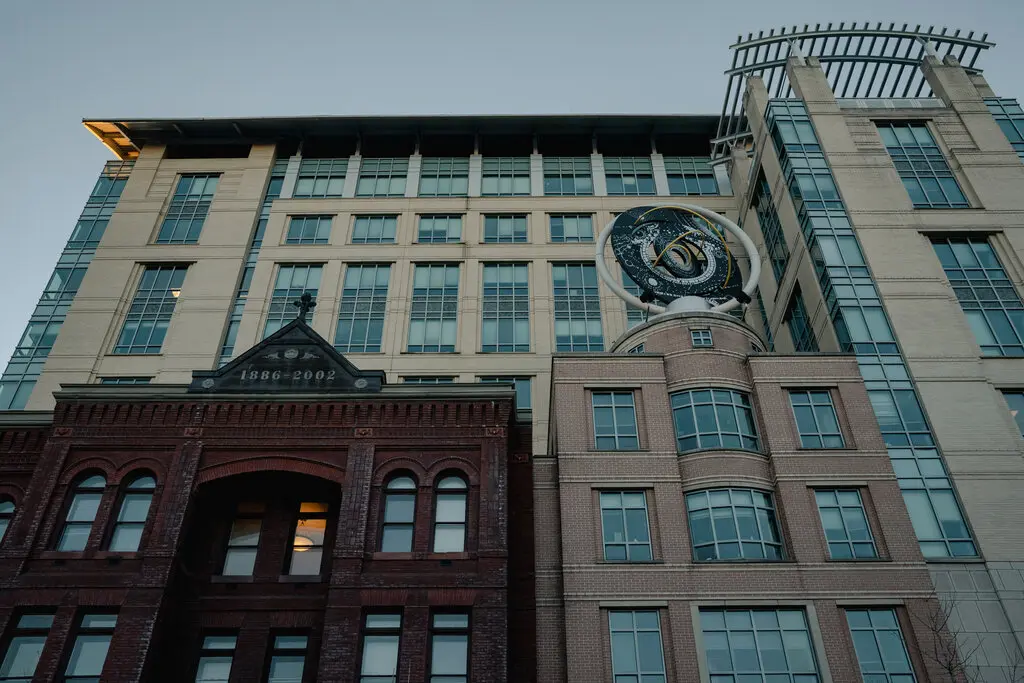The Academies accepted millions of dollars from members of the Sackler family — including some who led Purdue Pharma, makers of OxyContin — even while advising federal officials on opioid policy.
More than 75 members of the National Academies of Sciences, Engineering and Medicine demanded on Thursday that the organization explain why it has for years failed to return or repurpose millions of dollars donated by the Sackler family, including some who led Purdue Pharma.
The company’s drug, OxyContin, helped set in motion a prescription opioid crisis that has claimed hundreds of thousands of lives. The New York Times reported this month that even as the Academies advised the government on opioid policy, the organization accepted $19 million from the Sackler family and appointed influential members to its committees who had financial ties to Purdue Pharma.
One report issued by the Academies claimed that 100 million, or 40 percent of Americans, were in chronic pain. The figure, later found to be inflated, was cited by drugmakers to convince doctors to write large numbers of opioid prescriptions.
In a letter delivered to Marcia McNutt, president of the National Academies of Sciences, scientists and economists called on the organization to clarify how research committee members who ran nonprofits heavily funded by Purdue were chosen to provide guidance to federal authorities on opioid policy: “How did the system fail in the past?” the letter asked.
“The academy was looking like it had been morally asleep for the last 30 years,” Robert Putnam, an author of the letter and Harvard public policy professor, said in an interview.
“We of course take the concerns of National Academy of Sciences members seriously, and their concerns were in part what prompted very serious conversations here about returning or repurposing the funds, to which the N.A.S. remains committed,” the organization said in a statement on Friday.
The National Academies was chartered in 1863 by Abraham Lincoln to advise the nation on scientific and medical questions. The institution elects new members each year — elite scientists and physicians — and delivers influential advice to the White House, Congress and federal agencies.
Though about 70 percent of the National Academies budget comes from federal funds, it also raises private donations from individuals, nonprofits and companies, including Chevron, Google, Merck and Medtronic.
“If they begin to see the problem — that is, this huge influx of private money, and private money often comes with implicit strings — they will see it’s a threat to the core principles of the Academies,” Dr. Putnam said of the National Academies’ current leadership.
Signatories of the letter include eight Nobel Prize winners. Two authors are National Academies of Sciences members who in 2017 urged top officials to distance the organization from the Sacklers.
Robert M. Hauser, a prominent social scientist, wrote in an October 2017 email to two top Academies officials: “I have been thinking about the willingness of the N.A.S. to accept support from the Sackler family and to produce events and awards — lectures, forums, colloquia, prizes — however meritorious, in their name.”
He and another Academies member had concluded “that the N.A.S. should disassociate itself from the Sacklers.” The other member was Angus Deaton, a Nobel Laureate and co-author of a book about surging deaths tied to substance use and suicide among members of the white working class.
Dr. Deaton said in an interview that he and Dr. Hauser had asked for a call with top officials about the Sacklers’ involvement.
Editors’ Picks
Farewell to Twitter’s ‘Stinking Badge’
Must Love Dogs Was Not in the Job Description
Line Dancing Toward Euphoria
“We wanted more than anything to warn them that there was a lot of trouble ahead down this route, and that tens of thousands of people were dying and the Sacklers were giving them money,” Dr. Deaton recalled in an interview.

Dr. Hauser, who worked at the National Academies from 2010 to 2016, referenced an in-depth New Yorker article about the Sackler family’s “ruthless” marketing of OxyContin in the email, which was sent to Bruce Darling, then the executive officer, and James Hinchman, then the chief operating officer.
“Sooner or later I thought this was going to blow up in their faces,” Dr. Hauser said in an interview. “And it would really besmirch the reputation of the Academies, which I felt strongly about defending.”
Four minutes after Dr. Hauser’s initial request was emailed, he received a reply from Mr. Darling: “We had a conversation at the N.A.S. Council this past summer on the very issue that you raise, and we made a decision that I would be pleased to discuss with you.”
Mr. Darling and Mr. Hinchman did not respond to messages requesting comment.
Dr. Hauser recalled that Mr. Darling summarized the Sacklers’ donations as something that had been discussed and required no new action. Dr. Deaton and Dr. Hauser felt their concerns had been dismissed.
Two National Academies reports on opioids have faced criticism from experts. One published in 2011 included two panelists with significant financial ties to Purdue and concluded that 100 million Americans were in chronic pain, a number that proved to be greatly inflated. (The Centers for Disease Control and Prevention later estimated that the condition affects 17 million to 52 million Americans.)
